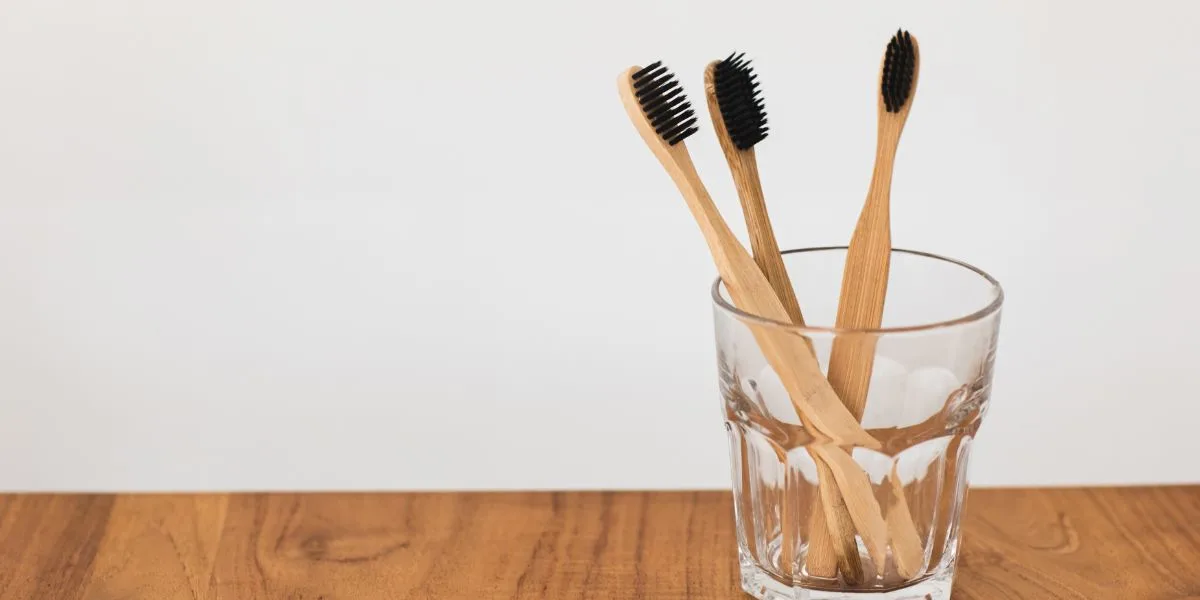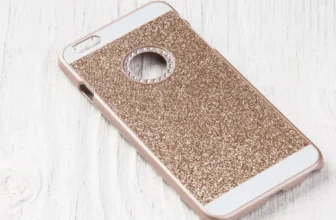
You might be wondering if bamboo toothbrushes can truly replace their plastic counterparts. With growing concerns about plastic waste, many are turning to bamboo as a more sustainable option. However, it's essential to weigh both the benefits and drawbacks before making the switch. Are bamboo toothbrushes really the eco-friendly solution they're touted to be, or do they fall short in some areas? Let's explore this further.
The Environmental Impact of Plastic Toothbrushes
Although you mightn't think about it while brushing your teeth, plastic toothbrushes significantly harm the environment.
Every year, billions of these toothbrushes end up in landfills, taking hundreds of years to decompose. As they break down, they release harmful chemicals into the soil and waterways, affecting wildlife and ecosystems.
You mightn't realize that the plastic used in toothbrushes contributes to the growing global plastic pollution crisis. Each toothbrush you dispose of adds to the staggering amount of plastic waste in our oceans, where it poses a threat to marine life.
While you're focused on maintaining your dental hygiene, consider the long-lasting impact your choices have on the planet. Simple changes can lead to a healthier environment for future generations.
Advantages of Bamboo Toothbrushes
Bamboo toothbrushes offer a sustainable alternative that benefits both your dental hygiene and the planet. Made from natural materials, these toothbrushes are biodegradable, meaning they won't sit in a landfill for centuries like plastic ones.
When you switch to bamboo, you're reducing your environmental footprint and supporting eco-friendly practices.
The antimicrobial properties of bamboo help keep your toothbrush clean, while its ergonomic design provides a comfortable grip. You'll also find that bamboo bristles are just as effective at cleaning your teeth as plastic ones.
Plus, many bamboo toothbrushes come in compostable packaging, further minimizing waste. By choosing bamboo, you're not just caring for your teeth; you're also making a positive impact on the environment for future generations.
Drawbacks of Bamboo Toothbrushes
While bamboo toothbrushes have many advantages, they also come with some drawbacks that you should consider.
One major issue is their durability; bamboo can wear down faster than plastic, meaning you might need to replace them more often.
Additionally, the bristles are often made from nylon, which isn't biodegradable, counteracting some of the eco-friendly benefits.
You might also find that bamboo toothbrushes can feel less comfortable in your hand, especially if you're used to a plastic grip.
Finally, they can be a bit pricier than traditional plastic brushes, which may not fit everyone's budget.
Making the Switch: Bamboo vs. Plastic Toothbrushes
What factors should you consider when deciding between bamboo and plastic toothbrushes? First, think about the environmental impact. Bamboo toothbrushes are biodegradable and reduce plastic waste, making them a more sustainable choice.
Next, consider your comfort. Bamboo handles can feel different, so you might want to try a few to see what you prefer.
Then, there's durability. While bamboo brushes can last as long as plastic ones, they may wear down faster if you're not careful.
Lastly, evaluate the price. Bamboo toothbrushes can be slightly more expensive, but many find the eco-friendly benefits worth it.
Ultimately, making the switch involves weighing these factors against your personal habits and values. Your choice can contribute to a healthier planet.
Conclusion
Switching to a bamboo toothbrush can be a simple yet impactful choice for the environment. While they offer benefits like biodegradability and antimicrobial properties, you should consider factors like durability and bristle material. Ultimately, it's about finding what works best for you and your values. By making this small change, you're not just brushing your teeth—you're also contributing to a more sustainable future. So, why not give bamboo a try? Your smile and the planet will thank you!
Trending Products














